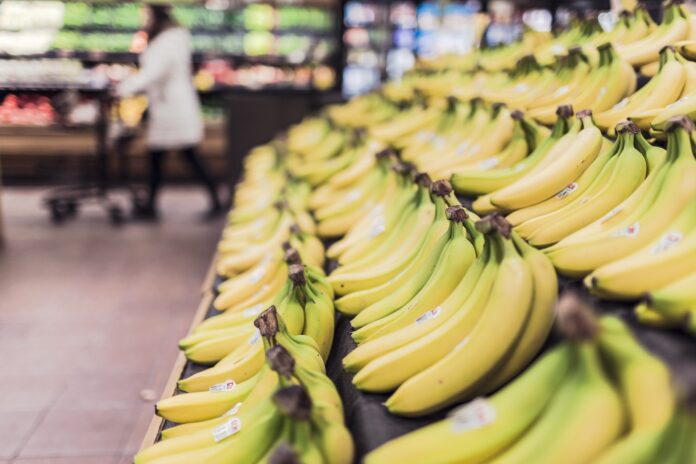Source: MakeLemonade.nz
Te Whanganui-a-Tara – New regulations, taking effect this weekend, will give consumers more information about where their food comes from.
Businesses must comply with the new consumer information standards (origin of food) regulations that apply to certain fresh and thawed foods: fruit, vegetables, finfish, shellfish, and cured pork such as ham, bacon, and prosciutto. If these foods are frozen, they must state the country of origin from May 12, 2023.
Mandatory country of origin information will let consumers know where certain food comes from and help them make informed decisions when they are buying those products, the Commerce Commission says.
Foods covered by the regulations will need to state the country of origin on the packaging or on a sign nearby.
For example, bananas from Ecuador will need to be clearly identified as being from Ecuador, either on packaging, labels or signage placed on or next to the shelf.
The commission has consulted with a range of food producers and traders to develop guidance for businesses about the changes to help them understand what types of food are included and what they need to do to comply.
The regulations apply to single ingredient food, meaning packages of mixed foods such as a bag of frozen peas and corn will not be covered. Meatballs containing herbs, onions and garlic will not be covered, nor will a container of red and green grapes. Most processed foods are also excluded.
The regulations will not apply to fundraising events, or where the food will be eaten immediately, for example at restaurants and takeaway outlets.
Failure to comply with the regulations would breach the Fair Trading Act 1986 and could result in an infringement notice requiring payment of a $1000 fine, up to $30,000 for each offence.
It is an offence for companies to present misleading information of origin of goods or services. This offence carries a much higher maximum penalty of $600,000 per breach for companies and $200,000 for individuals.



